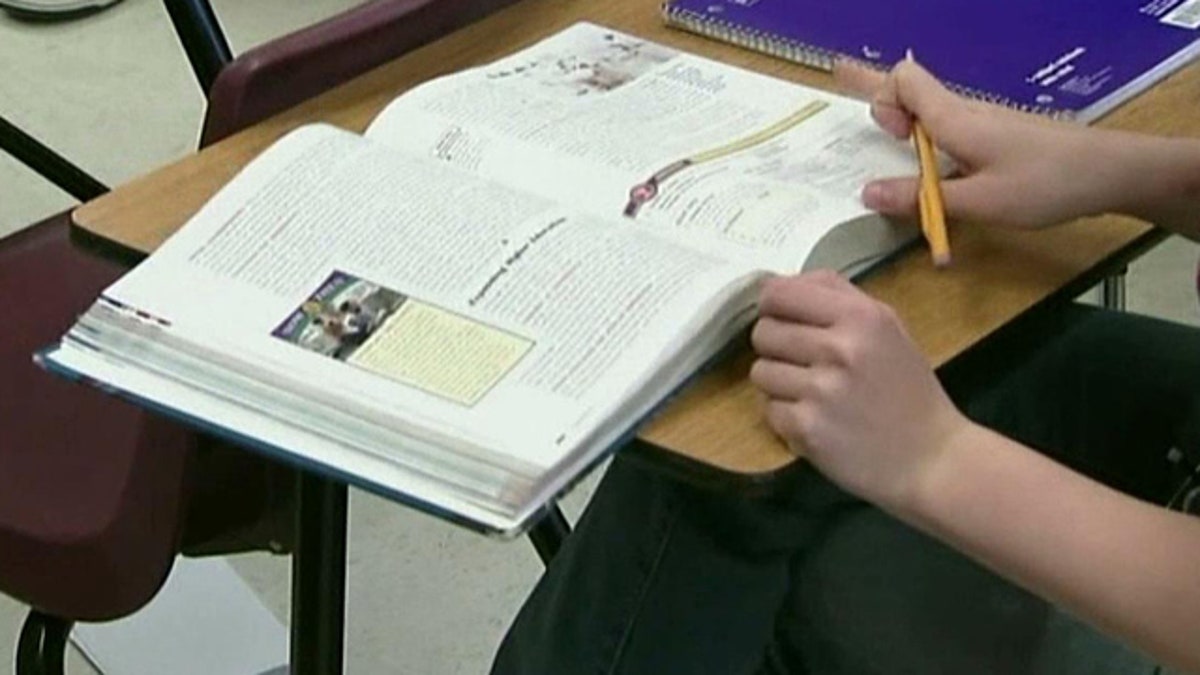
Maryland is now the first state in the country to impose environmental literacy-- a new requirement to graduate from high school. (Fox News)
Maryland is the first state in the country to impose a new requirement to graduate from high school -- something called environmental literacy.
But what is that? That is the question State Senator J. B. Jennings is asking.
"What kind of education is it going to be?” he asks. “Is it going to be fact-based? Or is it going to be theory-based, which is usually politically, theory driven. And you can think, it's going to be about global warming or climate change."
Sarah Bodor of the Chesapeake Bay Foundation supports the initiative and says there is no mandate.
"People express concern about the content but what is important to know is that this new requirement doesn't actually mandate any content at all."
The new rule is a regulation from the State Board of Education, not a law passed by the legislature, so it lays out no specifics. Governor Martin O'Malley offers no real details but praises it, saying it will "infuse core subjects with lessons about conservation and smart growth and the health of our natural world."
O’Malley also said it'll serve as a "foundation for green jobs," though one analyst says training for those is just like it is for any other job.
"You need to know how to get there on time, how to be alert, how to work hard, how to absorb a lot of information, how to - you know - learn new skills," says Myron Ebell of free market think tank, the Competitive Enterprise Institute."
The state education board leaves all content up to local school boards and a state official says " local systems will implement the requirement as they see fit."
Boder says students near the Chesapeake Bay could learn by doing.
"[K]ids have the opportunity to participate in some real world learning, such as raising native oysters and replenishing reef habitat,” Boder says. “By raising the oysters, they can learn math and read and write about the history of oystering in the state of Maryland and throughout the Chesapeake Bay and that gets them excited and that helps to boost their achievements."
No one would object to boosting achievement, but some analysts fear a broader, more political agenda would be in play. For instance, the local school boards won't get any extra money, so a group called the North American Association of Environmental Education offers a guide for teachers.
An early passage from the guide says “consumption of natural resources, air and water pollution, and the impacts of climate change are among the many complex challenges that threaten human health, economic development, and national security.” It goes on to talk about the need to "take informed action." And that raises some eyebrows.
"That is not really education," says Ebell. "It's propaganda and its designed to raise up a new generation of easily led and poorly educated and misinformed students."
And state lawmakers like J.B. Jennings note there are only so many hours in a school day, and only 180 days in a school year. So, he wonders, what in the current curriculum gets squeezed out?
"They can't just keep adding on and on, so they will have to make room for this by pushing other things out of the curriculum, which is going to be a concern," Jennings says.
He wants to know what will be pushed out to make room for these yet-undefined lessons aimed at "environmental literacy."

